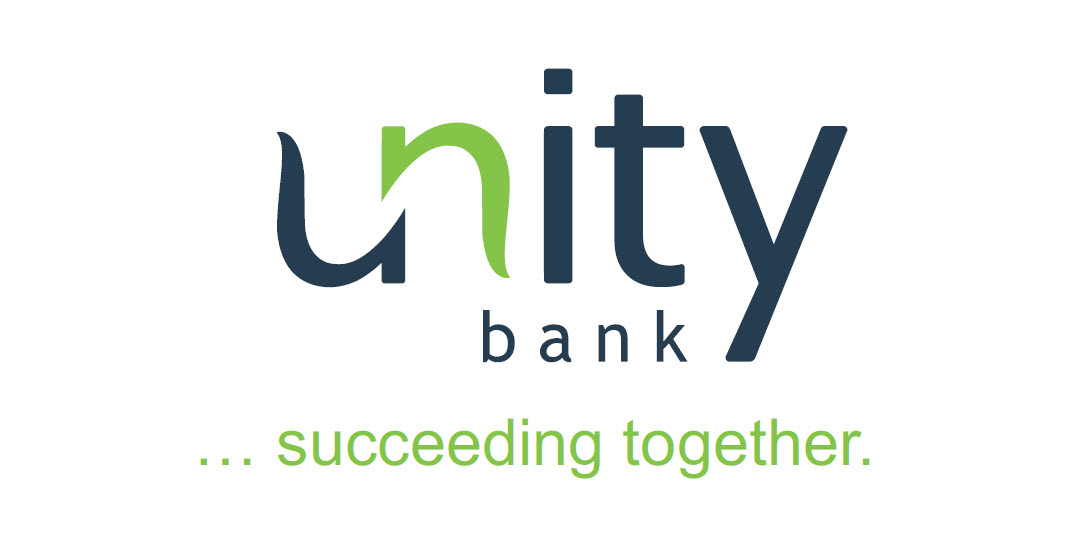Unity Bank PLC has released its Q4 2023 Forecast, and Investors King is here to break down the numbers, offering you a unique analysis of what the future holds for this financial institution.
Profit & Loss Statement: A Mixed Bag of Results
Unity Bank’s Gross Earnings for Q4 2023 are projected to stand at an impressive ₦20,672,299,504 as the financial institution’s ability to navigate a tough business environment while simultaneously increasing earnings continues to improve.
A significant chunk of this revenue, ₦18,222,498,163 to be precise, is attributed to Interest Income, underlining Unity Bank’s strength in managing its lending and investment portfolios.
However, like any financial institution, Unity Bank faces its fair share of challenges. Interest Expenses weigh in at ₦12,209,528,870, which is an expected outcome when dealing with a large customer base and fluctuating interest rates.
Net Revenue From Funds, however, stands at a commendable ₦6,012,969,293, reflecting Unity Bank’s ability to navigate the intricacies of fund management effectively.
Unity Bank doesn’t solely rely on traditional banking activities, as evidenced by its Other Income of ₦2,449,801,341. This diversified income stream is a strategic move to mitigate risks and explore new revenue avenues.
Nevertheless, the Impairment for Credit Loss at ₦917,441,953 serves as a reminder that the banking industry is not without its credit-related challenges.
The bank’s Net Operating Income is an encouraging ₦7,545,328,681, which indicates effective cost management. Operating Expenses at ₦7,397,416,639 showcase Unity Bank’s commitment to maintaining operational efficiency.
Unity Bank ends the quarter with a Pre-Tax Profit of ₦147,912,042. While this figure may appear modest in the grand scheme of the banking sector, it signifies a positive trend for the bank, considering the challenges faced.
After accounting for taxation, Unity Bank’s Profit After Tax comes in at ₦135,339,519. While not a record-breaking figure, it demonstrates resilience and an ability to navigate a complex financial landscape.
Statement of Cash Flows: Balancing Act
Unity Bank’s Statement of Cash Flows paints a picture of financial prudence and strategic planning.
Net cash provided by operating activities is ₦1,475,339,519, suggesting that Unity Bank’s core operations are generating positive cash flow.
However, the bank’s investing activities show a significant outflow of cash at ₦260,034,996,531. This is not necessarily a cause for concern, as it may indicate investments in long-term assets or expansion plans.
When we combine operating and investing activities, Unity Bank records a net outflow of ₦258,559,657,012. This underscores the importance of analyzing the broader financial picture beyond just profitability.
Financing activities reveal a net cash inflow of ₦258,694,996,531. This substantial inflow suggests that Unity Bank is managing its financing activities effectively, possibly attracting investments or securing favorable lending terms.
Unity Bank ends the period with a Net Increase in Cash and Cash Equivalents of ₦135,339,519. This growth in liquidity is a positive sign, especially in a competitive banking sector.
Cash and cash equivalents, both at the beginning and end of the period, remain substantial at ₦90,816,206,262 and ₦90,951,545,781, respectively, indicating financial stability.
Conclusion
Unity Bank PLC’s Q4 2023 Forecast presents a mixed bag of results, reflecting the intricate nature of the banking industry. While challenges persist, the bank demonstrates resilience, efficient cost management, and strategic diversification of income sources.
Investors should consider Unity Bank’s ability to navigate the evolving financial landscape and its potential for growth when making investment decisions. As always, a comprehensive analysis of a company’s financial health and long-term prospects is essential.
Stay tuned to Investors King for more in-depth analyses of financial forecasts and market insights to help you make informed investment choices.


 Forex4 weeks ago
Forex4 weeks ago
 Naira4 weeks ago
Naira4 weeks ago
 Billionaire Watch4 weeks ago
Billionaire Watch4 weeks ago



 Naira4 weeks ago
Naira4 weeks ago






 Naira3 weeks ago
Naira3 weeks ago


 Naira3 weeks ago
Naira3 weeks ago






 Naira2 weeks ago
Naira2 weeks ago
 Economy4 weeks ago
Economy4 weeks ago























